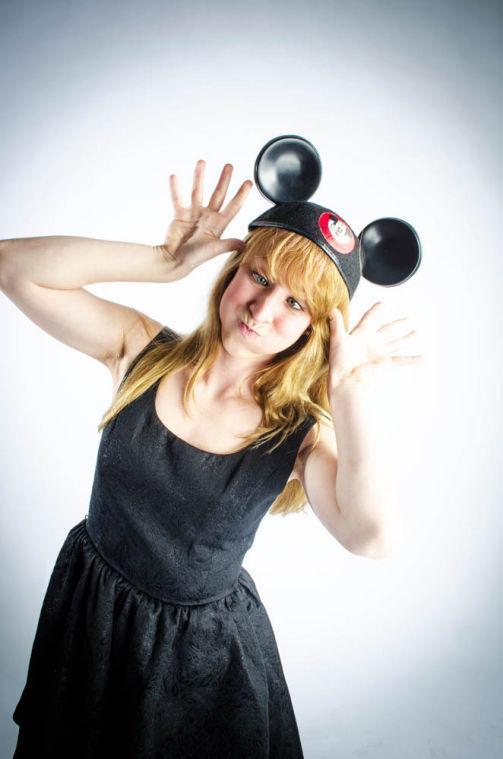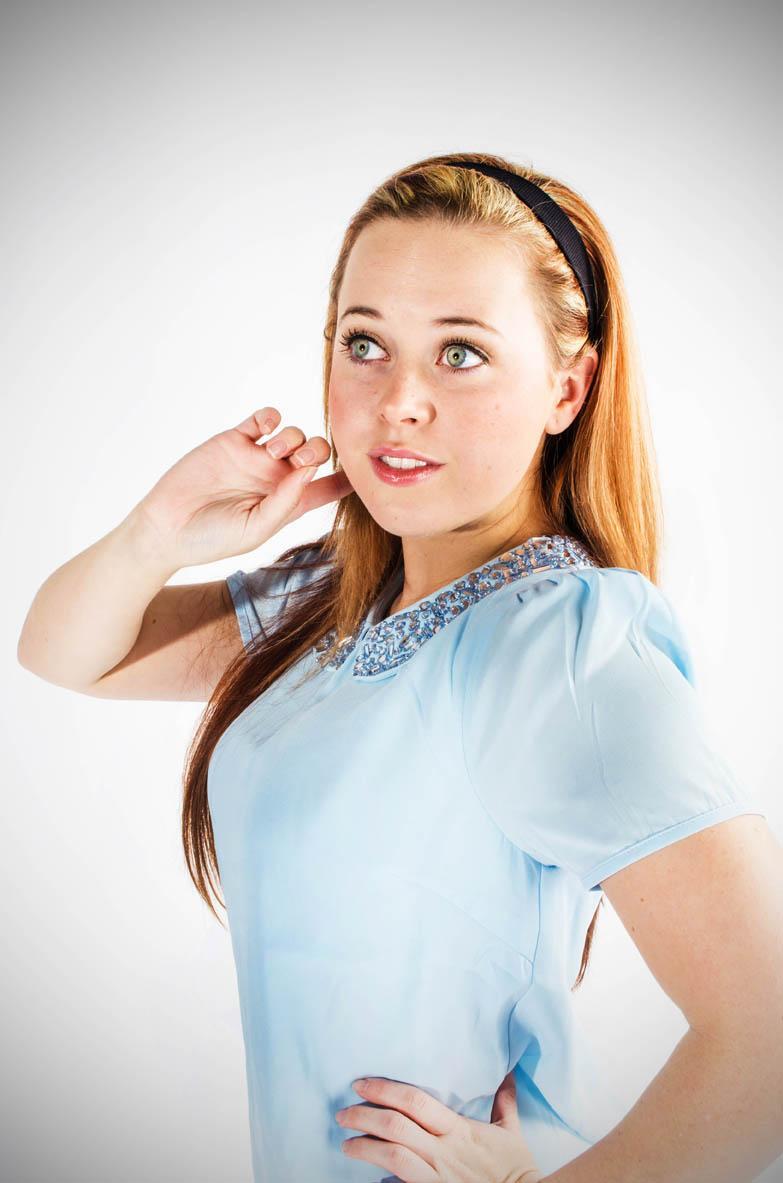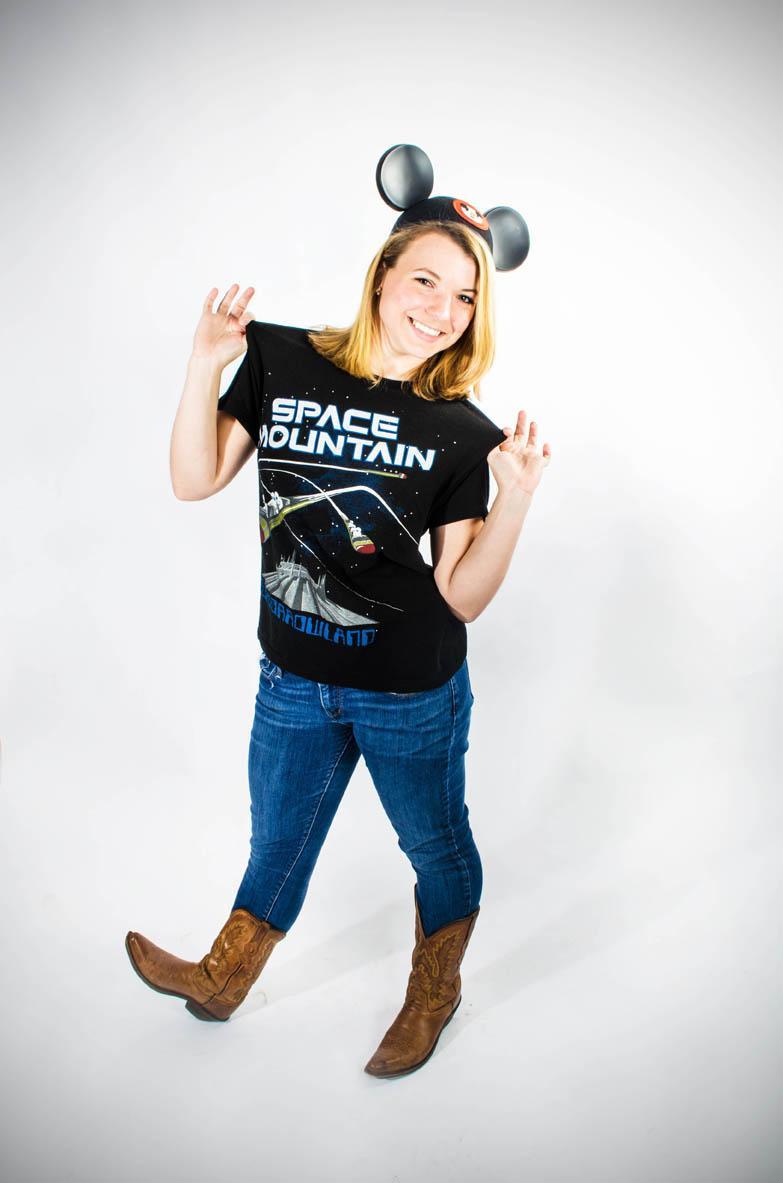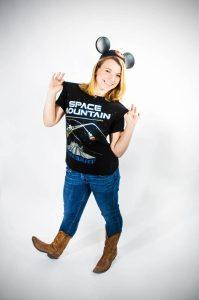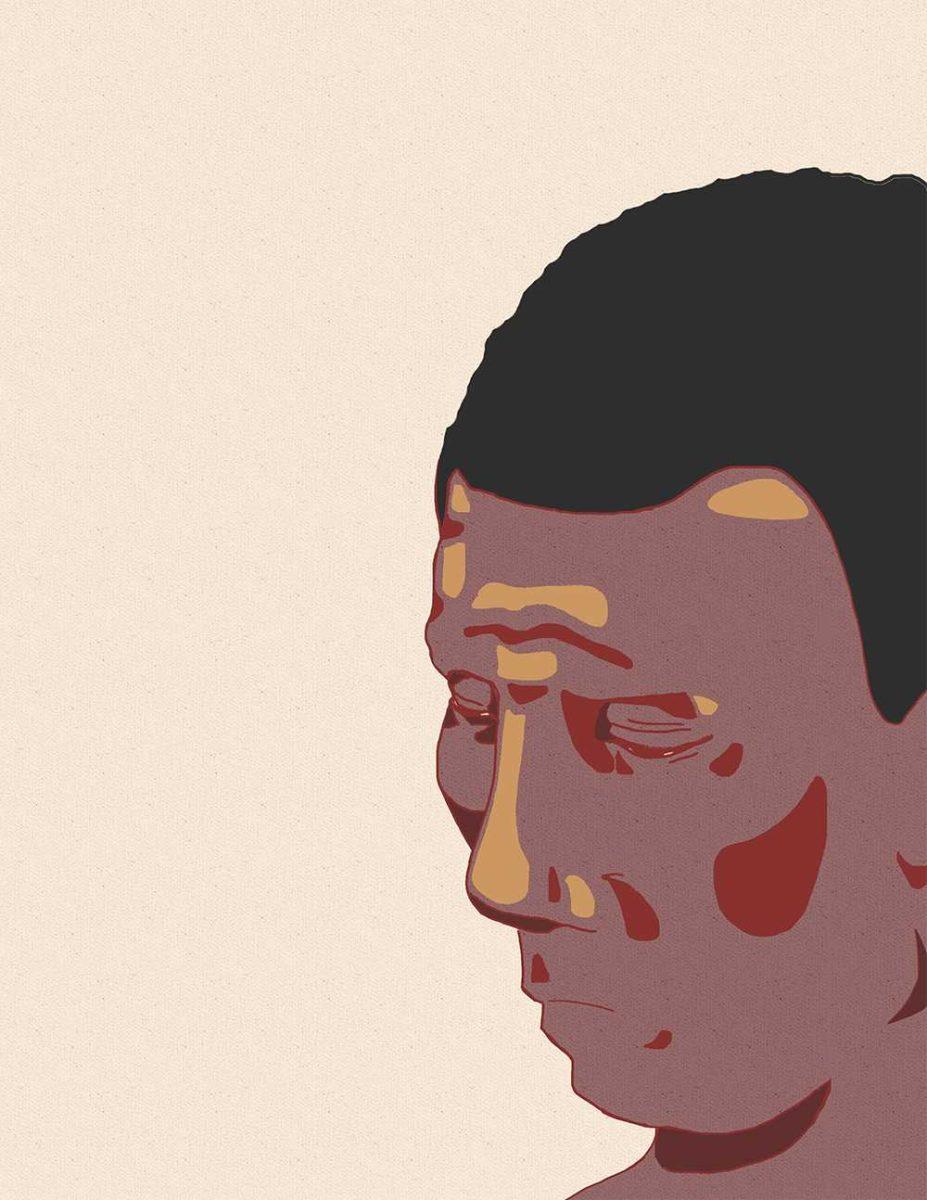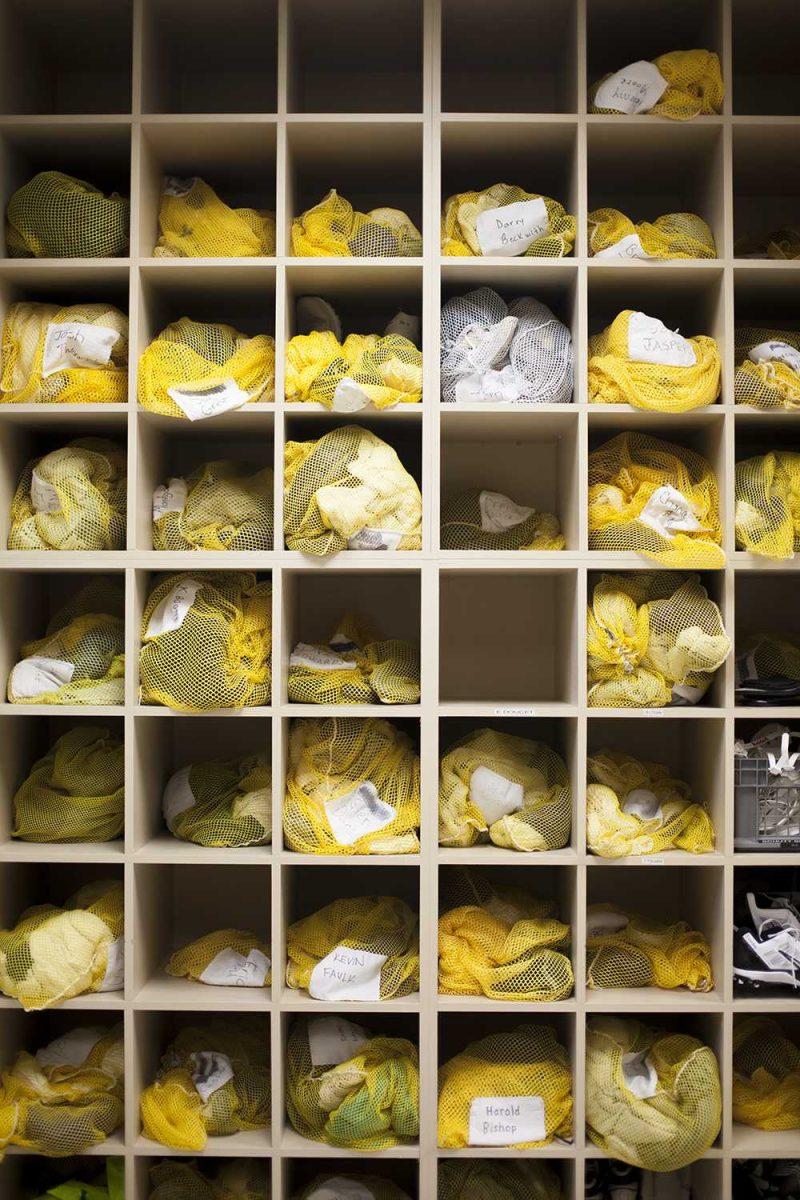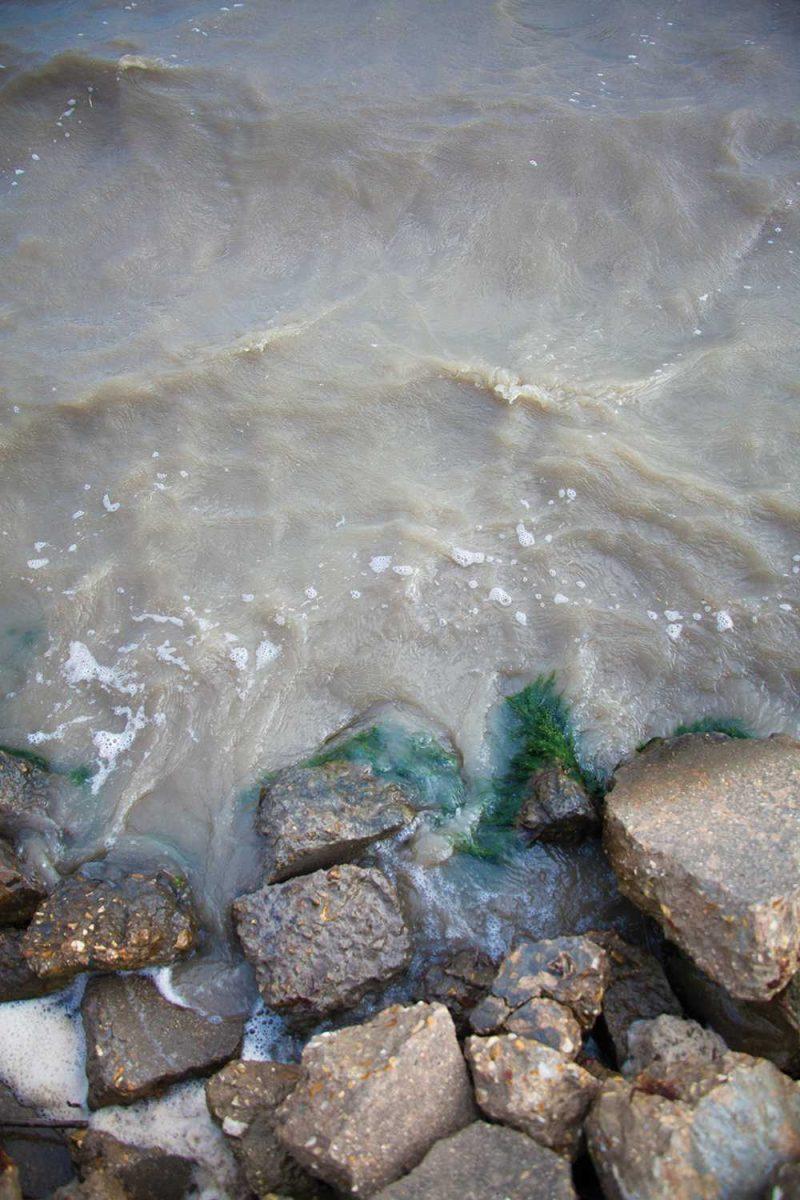Where Dreams Come True?
Most of the world’s population has grown up with Disney: the movies, the characters, the theme parks, the empire. Walt Disney has captured the hearts of millions since the early 20th century, and Mickey Mouse is still one of the most recognizable characters in the world. It’s no surprise that kids who grow up experiencing the Wonderful World of Disney don’t want to let go in adulthood. So Disney offers an internship.
Many students seek out internships during their time as an undergraduate. Internships, typically unpaid and grueling, help to bolster a student’s résumé and provide somewhat relevant job experience.
Disney’s College Program is a paid, 6-month, highly selective internship, and the company has been working with LSU students in this regard since 1988. Disney offers a variety of job opportunities for students as well as classes on a variety of Disney-themed topics, though depending on a student’s major, these classes may not count for credit. In fact, depending on a student’s major, the internship itself may not count for credit.
Undeniably, Disney has a reputation for perfection. From undercover security to underground tunnels, this Fortune 500 company spares no detail to make each family vacation “magical.” For guests, Disney runs like a well-oiled machine, and the cogs in that machine are often college students.
Disney portrays its College Program as a résumé-building, life-changing opportunity to set oneself apart. For some, this may indeed be the case, but depending on the individual, Disney’s College Program may not be the preferred internship.
Experiential Education Coordinator at LSU’s Career Services Center Kayla Lato spoke to the value of a Disney internship. She said employers are typically impressed when they see the word “Disney” on a résumé, but she noted that the interest comes mainly from brand association rather than the job performed while participating in the college program. And further, students may have to stretch to associate their job interning with Disney with their future career goals.
“We do find that some students do have a hard time being able to identify, ‘What is this useful towards?’” Lato said.
Students can elect to take classes during their time in the College Program. Disney offers nine courses, and while LSU offers credits for six of those nine, the courses only transfer as 3000-level Management courses. Class titles include “The Disney Corporate Analysis Course,” “The Advanced Human Resource Management Course” and “The Disney Organizational Leadership Course.” Lato stated students must file the correct paperwork with the University and pay a fee to retain full-time status while away at Disney for the semester.
Financial complications arise for students lacking disposable income. Affording Disney’s College Program without help can be a struggle. The cost of Disney fees, travel to Orlando and living expenses may overwhelm some students’ budgets. And as for scholarships, LSU offers none to help students fund their Disney College Program.
“As far as LSU doing scholarships or things along those lines,” Lato said, “that doesn’t exist.”
Furthermore, the internship can be a setback if a student isn’t already ahead in hours. Unless a student takes Disney classes during the College Program, it is essentially equivocal to taking a semester off in terms of credits. Lato said this fact deters some students from participating in the College Program.
“It’s not for everyone,” Lato said.
Despite working long hours for minimum wage and sharing an apartment with essential strangers, it seems most participants in Disney’s College Program enjoy their experience greatly, and highly recommend it. In the words of public relations junior Elizabeth Garcia, “My dad says I’ve had too much Kool-Aid. I’m part of the cult now.”
Disney’s following is, for lack of a better phrase, “cult-like.”
Fitting the Role
Each semester, thousands of students from all over the world “audition” for “roles” at Disney in categories like “Entertainment” and “Attractions” or rides (the lingo is head-spinning). Would-be College Program workers, or CPs, go through a rigorous application process including a rapid-fire, timed, web-based interview and a grueling phone interview.
Those who wish to be “Performers” (characters) must attend a special, intensive dancing and acting audition, often in another city. For public relations senior Madison Hentze, the Disney auditions took her to Atlanta, Ga. “I went to Atlanta, and I started in a room of about 250 and they cut down to the final 16 of us,” Hentze said.
After the grueling audition, students wait weeks to hear back from Disney.
To be hired, students must fit the “Disney Look.” On its website, Disney includes a mile-long list of standards to which students must adhere. From hair color to facial hair to jewelry, Disney is picky. For girls, nail polish and makeup must be neutral. As for jewelry, dangling earrings are not permitted, and only one ring can be worn per hand along with one religious necklace.
Only recently have guys been permitted to wear facial hair, Garcia said.
Once accepted, students may or may not be given their preferred job at Disney. For example, a student may apply to work in Attractions (rides) but get chosen for Quick Service Food and Beverage (fast food services) or Custodial (janitorial work).
According to political science graduate Lindsey Miller, Disney hires most CPs for Quick Service Food and Beverage. Hospitality, Concierge and Character are the most highly desired jobs and the most difficult to land, Miller explained. Other jobs include Merchandise and Janitorial and Housekeeping.
The lucky few are chosen as Performers under “Entertainment” and become “friends” with a certain character (to preserve Disney magic, CPs are not supposed to say they “are” a character). And in the world of Disney, success often boils down to height.
“As far as it goes, Disney’s kind of run by height. So being that I’m under five feet tall, I had a general idea of who I was going to ‘be friends with,’” Hentze said.
Characters go through intensive training to deal with anything, including handsy creeps and inappropriate comments.
“As Alice, or ‘friends with Alice’ I should say, with my story, with caterpillars and hookahs and drinking tea and cookies that say ‘Eat Me’ on them, there [were] a lot … of inappropriate comments all the time … I had to just spin them,” Hentze said.
Disney trains its employees to diffuse these types of situations or to walk away if they feel threatened, Hentze said. She said she never felt unsafe.
The Magic of Disney
Overall, students tended to enjoy their jobs. Marketing senior Emily Smith talked about the highlight of her job, creating “magical moments.”
“One of the things that a lot of people don’t know is that ‘magical moments’ are actually planned events,” Smith said. “The computers come out with our schedules and say, at this time, you will perform a magical moment.”
Magical moments typically include giving a family a set of “FASTPASSES” that allow them to skip long lines or giving a child ice cream.
For Garcia, who worked in Guest Services (ticket sales), making a family’s vacation run smoother was rewarding in itself. Helping flustered customers solve their problems and then being thanked for it made the job easier, Garcia said.
Hentze, who was “very close friends” with Mickey, Minnie and Alice of “Alice in Wonderland,” had her fair share of rewarding moments. She received a letter from a family thanking “Alice” for interacting with their child and making the child’s day.
Smith had a similar experience. As an Attractions operator at Space Mountain, she encountered a child from the Make-A-Wish Foundation wearing a Saints T-shirt. They bonded over their Louisiana roots, and Smith gave the child the honor of being the “Space Pilot” for the day (certificate and all) which allowed him to cut to the front of the line any time he wanted to ride Space Mountain.
“Just to know that his day was made … was my favorite moment,” Smith said.
Another perk of the job is anytime access to the parks. CPs can enjoy any of Disney’s four parks for free on their time off. They can also win gift cards to grocery stores as an incentive.
The Darker Side of Disney
Everyone agrees that there’s a catch: Disney housing. There are three different complexes in which CPs live. Disney takes $90 a month out of students’ paychecks for rent. While working for Disney, students share a 3-bedroom apartment, two people in each room. Disney housing is known for strict rules and tight security. “You can’t have guests after a certain hour depending on their age,” Garcia said. “You can’t visit another housing apartment after 1:00 a.m.”
Furthermore, Disney takes underage drinking and drug use very seriously: students caught are “terminated” or fired immediately.
Pay ranges depend on the position and hours worked, but international studies and political science junior Morgan Armstrong said, “I generally did OK, I never felt like I was short on money.”
Smith had a similar experience.
“You make minimum wage while you’re on the College Program in most roles. They take your rent directly out of your paycheck, so you don’t have to worry about paying any bills or anything like that. So every week I was left with about $120 to $150 for spending money.”
The internship lasts six months, and while Disney offers classes for college credit, most don’t take classes while working, and some won’t receive course credit for the internship itself.
“Drinking the Kool-Aid”
Low pay, long hours, strict rules and the lack of credit hours don’t seem to deter students. And, in spite of this, CPs speak highly of Disney and of their experiences.
Some students like the program so much, they extend it for another semester. And some want to stick with Disney for the long-run.
“I do want to stay with Disney forever … I would love to stay with the corporation. It’s such a big family,” Hentze said.
All agree that having Disney on their résumés is priceless. While their work experience in the program may not have been closely related to their majors, students insist working at Disney has prepared them for anything, and other employers know that.
“Any person who I interview with, the first thing they ask me about is Disney,” Hentze said.
Garcia echoes this sentiment. “You’re going to be doing a minimal job … It’s going to be dirty and grimy, and you’re going to be doing hard work. But it’s going to pay off in so many different ways,” she said.
Disney not only puts on a great show, but it knows how to please vacationers and employees alike. Students who have worked the College Program speak highly of it, despite its imperfections and the potential lack of credit. And perhaps that’s the real magic of Disney.


